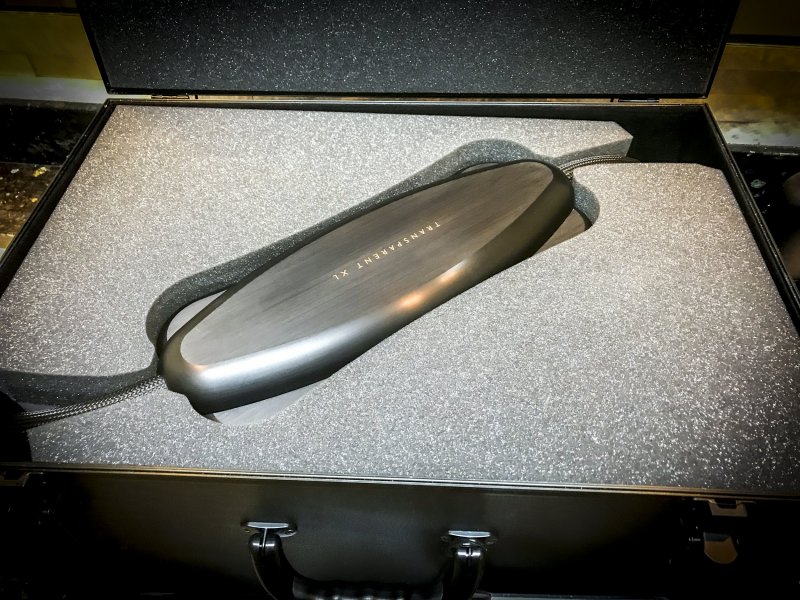Francisco,
You are probably correct. However my use of the word "mainly" comes from some some informed users; Dave Wilson, Bruce Brisson, Keith Johnson and Paul McGowan among others. So I'm comfortable with my descriptive terminology yet acknowledge it is hardly fully accurate. Again, it matters little. "Electrical properties" covers a lot of descriptive ground and seems perfectly acceptable. I couldn't care if networked cables were filled with Snicker bars and fully explained string theory. Let those who like them use them. Cables are one of dozens of sonic preferences we all make when we voice our systems. Discussion of their respective technologies and pricing is moot.
I still think this thread is something i'd find if I took a time machine back 20 years and opened TAS or Stereophile.
Marty
Surely I agree on your main idea, but I would like to refer that as far as I can remember the informed users did not say that the networks are "mainly impedance matching devices" - but for example they said that the networks can be adapted to the impedance of the amplifier and speaker. MIT has been particularly careful to say, for example that “ variable impedance switch can tune the cable to maximize performance for each component’s specific impedance”.
BTW, impedance matching devices are technical words referring to some specif circuits and functions - IMHO figurative use can be misleading. And sorry I think fair and serious discussion of cable technologies and pricing is a valid subject in WBF - we had plenty of interesting discussion about them in other threads. Surely MHO, YMMV.















